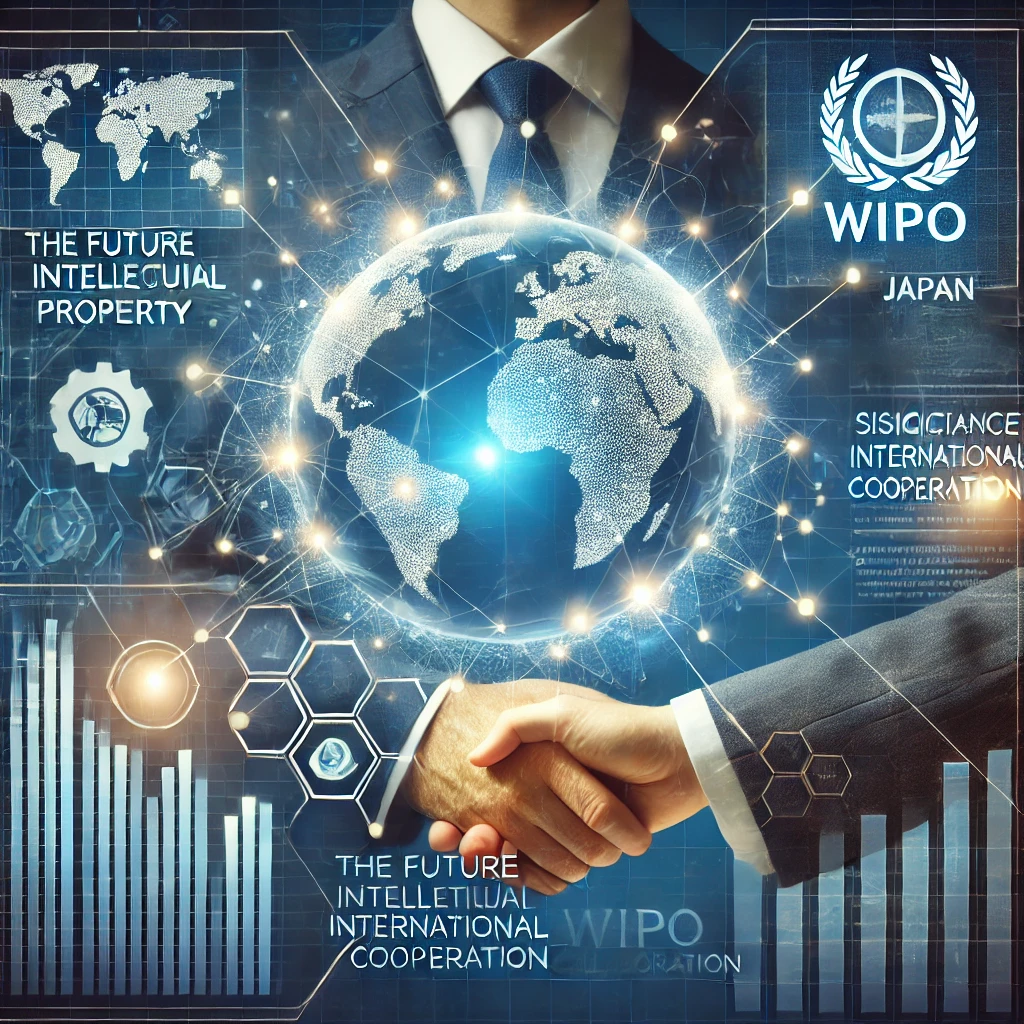On February 12, Japanese Foreign Minister Takeshi Iwaya held a meeting with Darren Tang, Director General of the World Intellectual Property Organization (WIPO), who was visiting Japan. Although the meeting lasted only 20 minutes, they discussed the importance of intellectual property (IP) protection, the deepening of international cooperation, and Japan’s contributions. This article explores the significance of this meeting.
What is WIPO? Its Role in the International Community
The World Intellectual Property Organization (WIPO) is an international body that manages and coordinates intellectual property rights such as patents, trademarks, and copyrights. As globalization progresses, IP protection has become a crucial factor in economic growth. There is a growing need to harmonize legal frameworks across countries and provide technical assistance to developing nations. For a technologically advanced country like Japan, strengthening the international intellectual property framework is vital to maintaining its competitive edge.
Japan’s Contributions and Relationship with WIPO
Japan has actively supported WIPO over the years. For example, the Japan Patent Office (JPO) has provided financial and technical assistance to various WIPO programs, particularly in helping developing countries establish their IP systems. Additionally, Japanese companies and research institutions play a significant role in international patent applications, demonstrating leadership in the field of intellectual property.
During the recent meeting, Director General Tang expressed his appreciation for Japan’s long-standing cooperation, highlighting Japan’s globally recognized contributions. Foreign Minister Iwaya also acknowledged WIPO’s role in promoting a free and fair economic order. As intellectual property issues become increasingly complex worldwide, it is essential for countries to cooperate under fair rules to drive technological innovation.
Modern Challenges Surrounding Intellectual Property
In recent years, intellectual property-related challenges have become more diverse. Some key issues include:
- Counterfeit and Pirated Goods
In many developing countries, IP protection remains insufficient, leading to the widespread circulation of counterfeit and pirated products.
- Copyright Protection in the Digital Age
With the rise of AI-generated content and emerging technologies such as NFTs, new legal frameworks are needed to address these challenges.
- International Patent Competition
In industries like semiconductors and biotechnology, countries are engaged in intense competition over patent filings.
To tackle these challenges, international organizations like WIPO must serve as a bridge between nations, facilitating coordinated responses.
Future Prospects
As indicated by the recent meeting, Japan-WIPO collaboration will continue to grow in importance. Japan’s expertise in technology and IP management is expected to contribute to the following initiatives:
- Enhancing IP System Support for Developing Countries
Through the Japan Patent Office, Japan has been assisting developing nations with technology transfers and the establishment of IP systems. Expanding these efforts will help improve the global IP landscape.
- Establishing Rules for IP Protection in the Digital Age
Japan should play an active role in creating international guidelines for emerging technologies, such as AI-generated works and NFT intellectual property management.
- Strengthening Collaboration with Industry
- By leveraging WIPO’s framework, Japanese companies and universities can streamline international patent acquisition, facilitating the expansion of domestic innovations into global markets.
Conclusion
The recent meeting between Foreign Minister Iwaya and Director General Tang, though brief, addressed critical themes. Intellectual property is now a key factor influencing national competitiveness, and strengthening Japan-WIPO collaboration will not only drive economic growth but also contribute to global stability and development. As these discussions evolve, it is essential for individuals to recognize the significance of intellectual property and its role in shaping the future.

